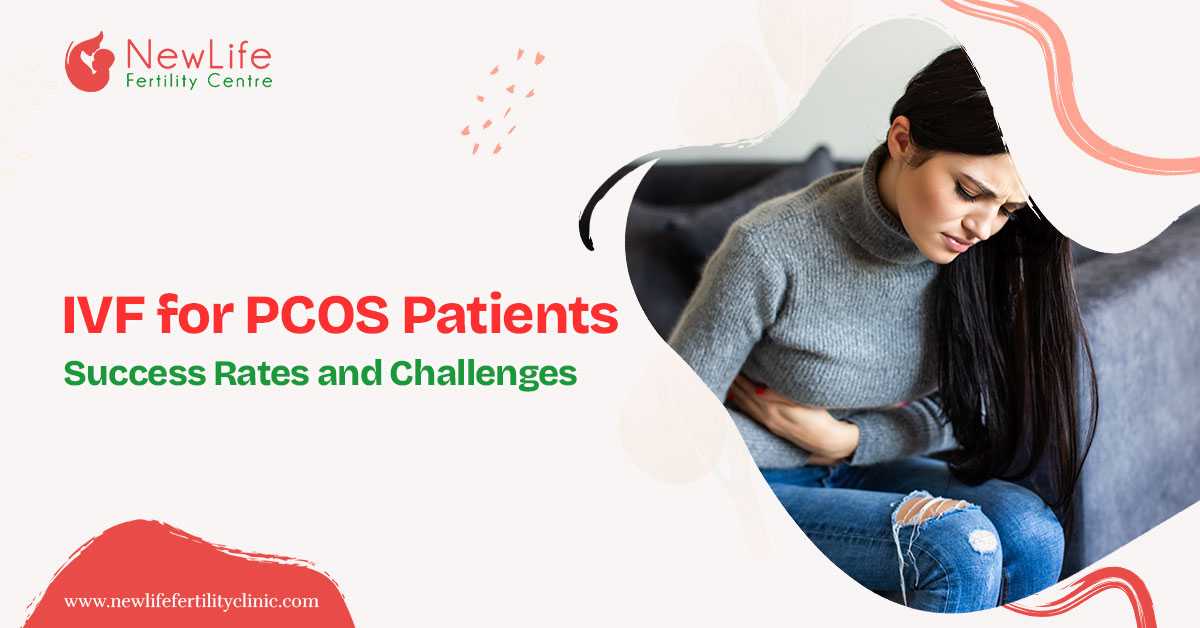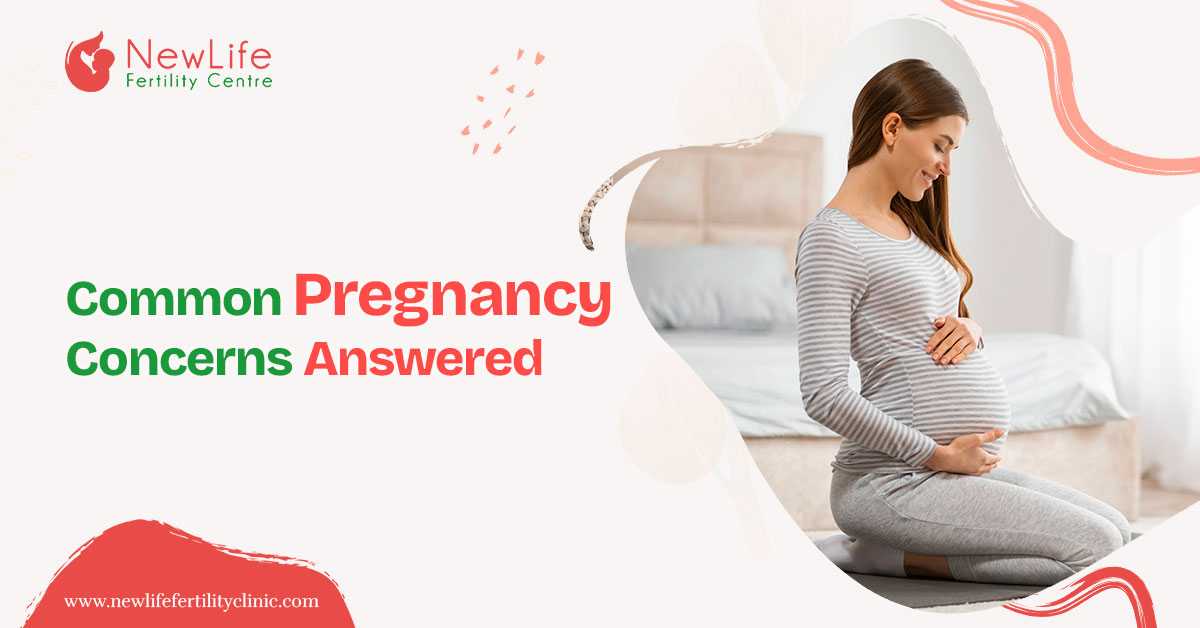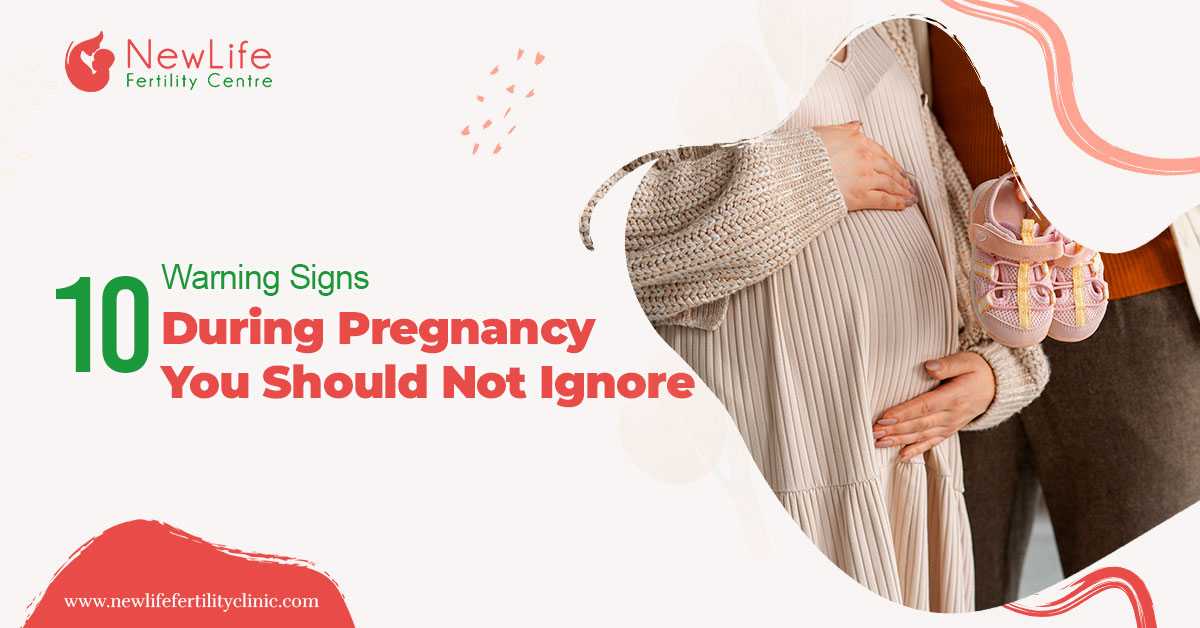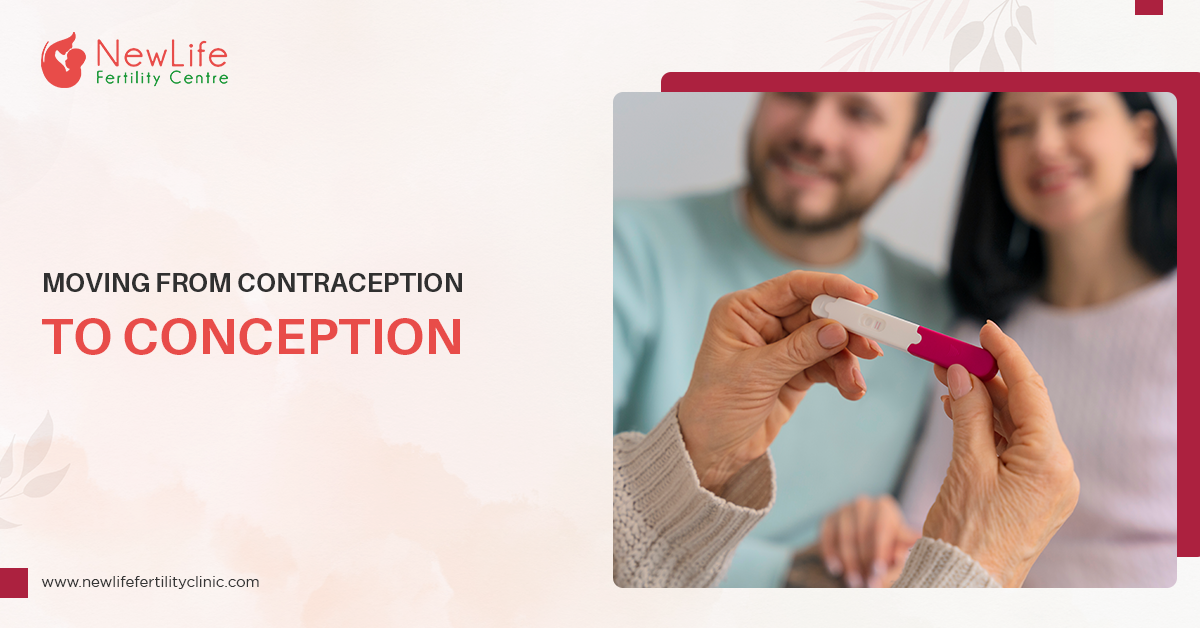It is a common belief among women and couples that once you stop using birth control or any other type of contraceptive it will be difficult to conceive. The truth is the body takes some time to get back to the normal processes after you stop contraceptives and you can get successful results in a few months or a year. The most important thing you need to know about conceiving is that timing matters a lot. You need to be aware of the days when you are most fertile during your menstrual cycle which makes conceiving easier if you indulge in sexual intercourse during those days. If you have been trying to get pregnant for over a year and have failed, you should consult a doctor or IVF specialist. They can diagnose and figure out the problem so that you can work on it for better results.
Table of content:
1. What is IVF?
2. When can IVF be used as a treatment?
3. Common myths about conceiving
What is IVF?
Vitro Fertilization is one of the most widely used assistive technologies for reproduction. In this process, the eggs from a female ovary are extracted along with a sperm sample from the male and then the two are manually combined and fertilized in a laboratory dish. The embryo(s) is then transferred to the uterus of the mother.
When can IVF be used as a treatment?
If you are unable to conceive and after diagnosis, the result is any of the following then you should seek help from an IVF specialist and consider IVF treatment for pregnancy:
- Absence of Fallopian tubes (this can occur naturally or been removed)
- Fallopian tubes that are damaged or blocked
- Uterine fibroids, ovulation disorders, and premature failure of ovaries
- Genetics disorders
- Male infertility can include low sperm count or motility
- People who had cancer or lupus or are single or a member of the LGBTQ community can also use this treatment for themselves.
Common myths about conceiving
1. If you are on birth control pills your fertility level decreases- Your fertility rate does not lower with contraceptives of any kind. You can wait for one natural period cycle and start trying for a baby. Also, contraceptives for a long period do not cause infertility.
2. Not ejaculating for some time results in more potent sperms- Sperms are made in the testes which are then stored in the epididymis. It is best if the sperms are here only for about 2-3 days before ejaculation. Sperms can survive in the womb and fallopian tube for only about 3 days which is why it is best to have regular sex during the fertile ovulation period of a woman.
3. It will get difficult to get pregnant after your 30s- this is not true as you can get pregnant in your 30s. Success rates might vary but with the various treatments present today, it is no big deal to conceive late.




